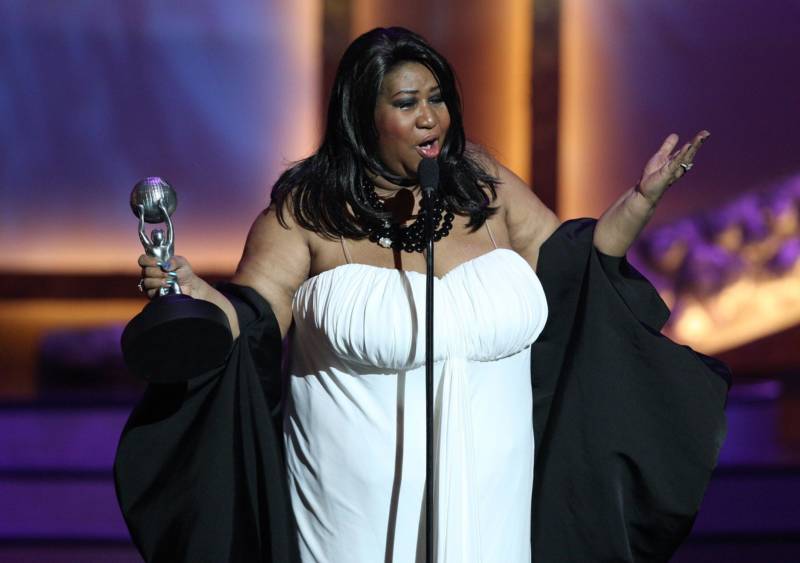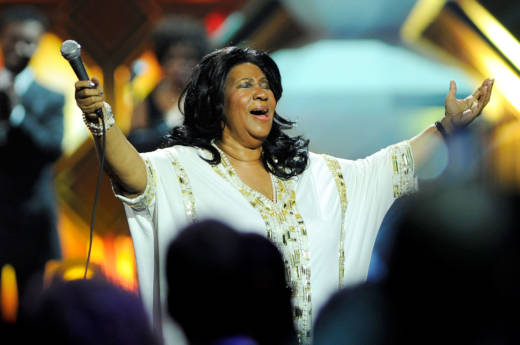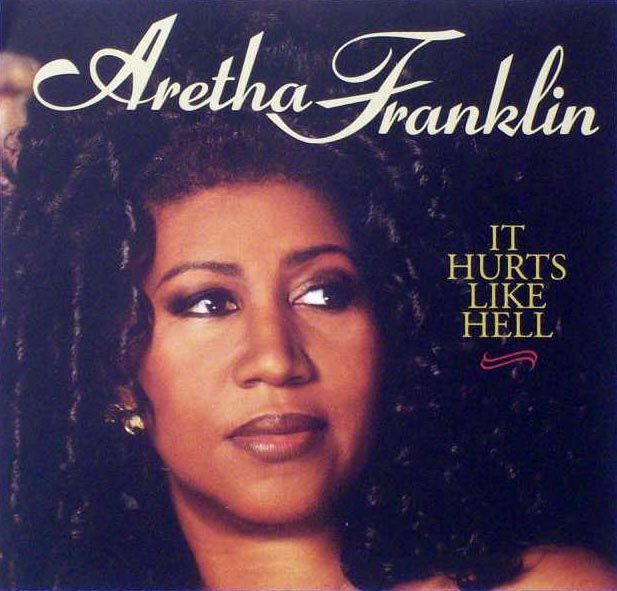Trying to recall the first time I heard the voice of Aretha Franklin is like trying to recall when I first noticed the sky.
From the time I could crawl across our green shag carpet at our home in Oakland’s Fruitvale District, I can recall rummaging through the dual polished mahogany cabinets in our home that served as a treasure chest for my mother’s LPs and 45s. I’d flip through cardboard sleeves covered with the faces of Teddy, Tina, Isaac, James, Diana and Smokey, an act that would often evoke a “girl, you don’t know nothin’ about this,” followed by a brief history lesson from by mother and grandmother, culminating in a decadent sampling of music.
Many names were exalted. But I came to understand that there was only one queen.
Saturday mornings were reserved for her. As I partook in the weekly ritual of morning chores, Aretha’s voice would pour over my soul like warm honey, transforming my pajamas and headscarf into an ornate ball gown and elaborate bouffant. Broom sticks became makeshift mic stands. And, for a few minutes, the voice overpowering the faint crackle of the spinning 45 belonged to me. A child of the ’80s, born to a daughter of Detroit, I demanded R-E-S-P-E-C-T when I was still learning to spell, I was feeling like a natural woman before I hit puberty, and I vowed I’d never be in someone’s chain of fools before I ever went on a date.

As I matured, my fascination for the family’s old records would give way to the novelty of compact discs, new jack swing, R&B and neo-soul. But Aretha’s indelible impact couldn’t be erased. I’d find myself craving her voice when modern music failed to take me to the places only Aretha could reach. And as I grew older and aged into love and romance, I discovered new dimensions to her music. The urgency of her plea on “Call Me,” articulating feelings of longing I’d had yet to experience. The eternal truth of “(You Make Me Feel Like) A Natural Woman,” which took on an entirely new meaning once I crossed the threshold into womanhood.



